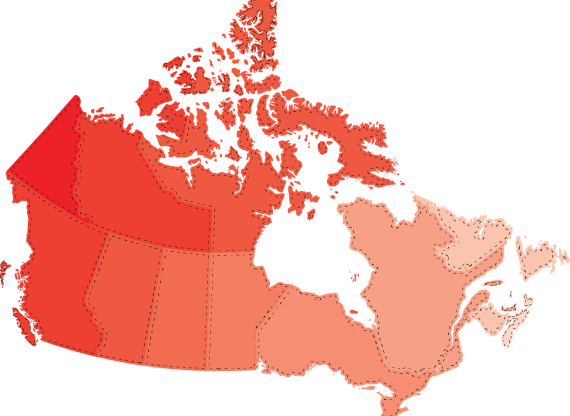
5-minute read
Budget Surpluses: Quebec Must Give Taxpayers Back Their Money
Quebec’s robust economic growth in recent years has allowed the government to record a surplus each of the past five budgets. Between the 2014-2015 and 2018-2019 fiscal years, Quebec accumulated budget surpluses totalling $21.3 billion, a strong argument for a personal income tax cut, shows this MEI publication.

5-minute read
The Sharing Economy: Destroying Jobs Won’t Help Low-Income Workers
Will Canada import California’s job-killing experiment and risk putting freelance work out of the reach of Canadians who need it? This MEI publication shows that forcing companies to consider freelance workers as employees could reduce these workers’ incomes and deprive many of them of this first rung on the jobs ladder.

9-minute read
Pharmaceuticals: Life-Saving Benefits That Pay for Themselves
Ottawa has the prices of drugs in its sights. On the one hand, it has made changes to the calculation method for the price ceilings imposed on drugs sold in Canada. On the other, the idea of national government pharmacare to replace the provinces’ mixed plans is still in the air. These ill-advised public policies could actually raise total health care spending, while threatening Canadians’ access to the best available treatments, shows this publication by the MEI.

6-minute read
Emergency Rooms: When Patients Leave Untreated
Last year, nearly 380,000 Quebecers—or over 1,000 patients a day—ended up leaving a hospital emergency room without having been attended to by a doctor, shows a publication launched by the MEI.

10-minute read
Taxing the Tech Giants – Why Canada Should Not Follow the French Example
During the last federal election campaign, all parties promised to raise taxes on the digital giants. This publication shows that the so-called GAFA companies have been taxed at a level similar to or higher than large Canadian corporations, and that it will be consumers and the Canadian economy in general that would pay for such a measure.

9-minute read
Canada’s Health Care Woes: Waiting Lists, Outdated Equipment, Staff Shortages
Despite decades of animated public debates and the colossal sums spent—which keep on increasing—waiting times for Canadian patients continue to worsen, notes this study published by the MEI.

10-minute read
How to Make Quebec’s Forestry Sector More Competitive
Quebec’s forestry sector has been quietly losing steam for several years. The new forest regime has raised operating costs and reduced the accessibility of the resource, all while making supply more uncertain for companies in the sector. At a time when the forestry industry is facing new challenges, how could the regime that governs its activities be adapted to help it address them?

4-minute read
Internal Trade Provincial Leadership Index
While Canada continues to negotiate free trade agreements with numerous countries, the provinces maintain obstacles to trade within our own borders. The MEI and the Canadian Constitution Foundation (CCF) have listed them from best to worst in a ranking of Canadian provinces and territories by their openness to internal trade.

8-minute read
Permissionless Innovation: For an End to the Presumption of Regulation in Telecommunications
The question of the price of cellphone packages in Canada recently resurfaced again, this time during the election campaign. In the context of this debate, we too often forget that Canada has top quality telecommunications infrastructure, despite a regulatory framework that is very restrictive for companies in this sector.

10-minute read
More and Better Jobs: Addressing AI’s Multiple Effects on Employment
There is a broad consensus that the rise of artificial intelligence (AI) will transform our lives both at home and at work. While most analysts agree that, in the long run, the net effect of AI on employment will be positive (as the net effect of all previous technological revolutions has been), some worry that in the short and medium term, AI could eliminate jobs faster than they can be replaced.

